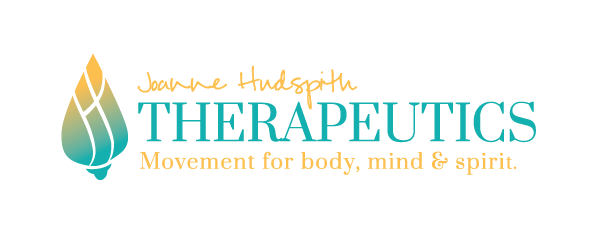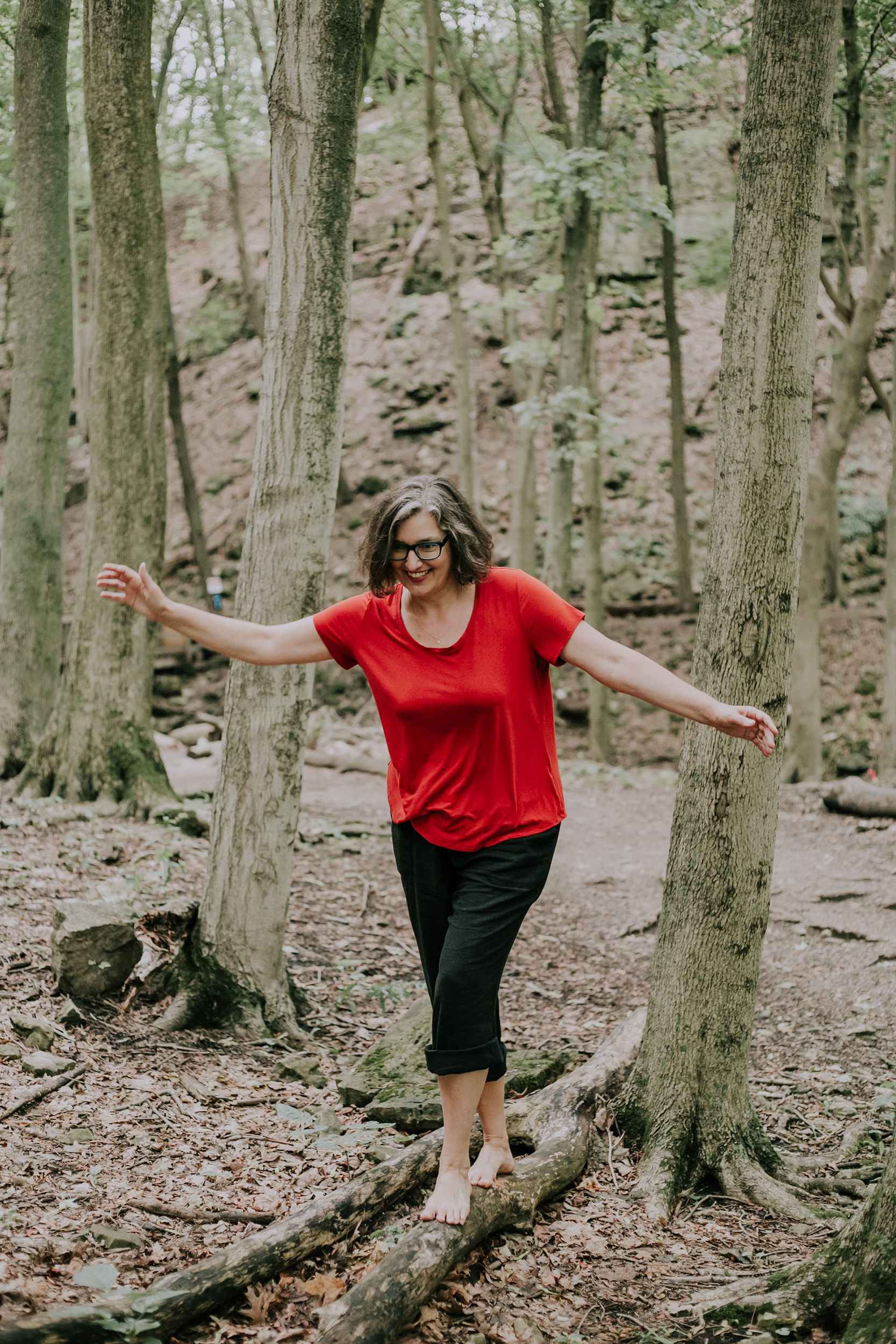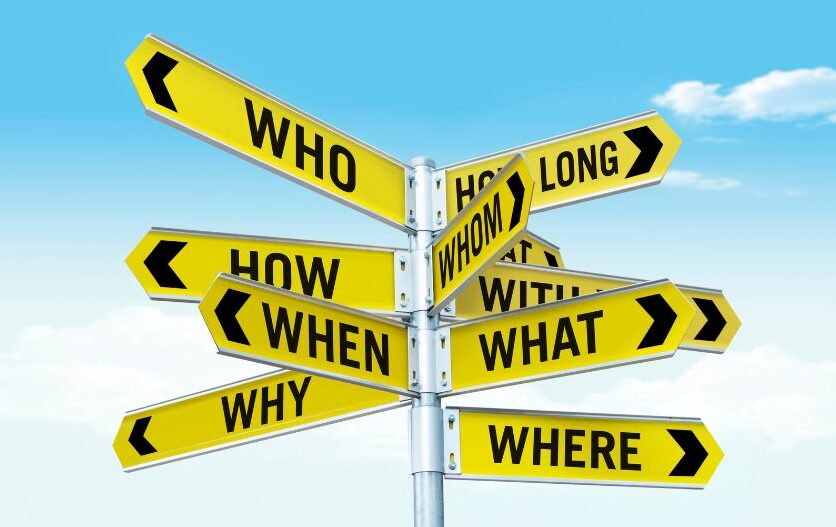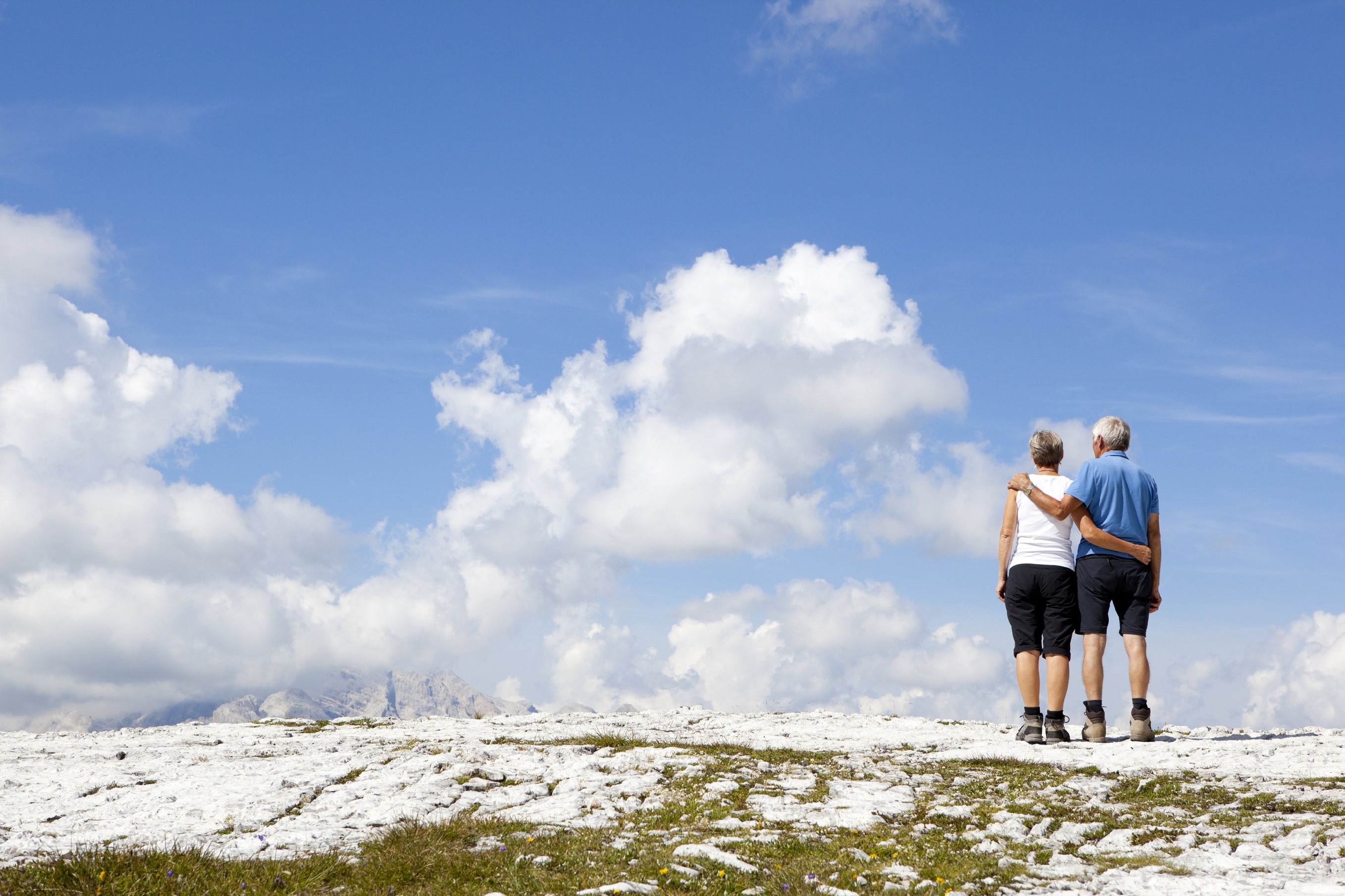 |
“How are you?” I’ve been catching myself lately, often too late, in the asking and answering of the question, “How are you?” It’s always been a funny sort of question, one that generally invites a polite response that just begins to scratch the surface of how we really are, and often doesn’t invite further sharing. More and more lately, as I’ve asked that question, usually through a computer screen, there’s a slight pause, the passing of a shadow through the face I’m looking at, and then a bit more of an honest answer. I’ve been acknowledging over the past few weeks what a loaded question this is, especially as I grapple with the challenges of life almost one year into a global pandemic. It helps me to remind myself that this is unprecedented territory for all of us, and to expect to feel anything close to “normal” is crazy. What a relief. And now that I realize there’s no template for this, no guidebook on how to navigate a pandemic, I’m getting more curious about how this is all playing out in my body and in my nervous system. With the realization (once again!) that we are still in this for the long haul, I’m perceiving ways the stress and anxiety around this are showing up in my body and nervous system. The shoulder issue that is taking too long to resolve, the inability to get a solid 7-8 hours of sleep each night, the days that I want to retreat into my cave, and the ways I just don’t feel as strong and resilient as I used to. And I have needed to develop new strategies and supports for myself. Figuring this out can be challenging and humbling, and usually involves me imagining I’m a client or a friend who has asked for advice. (Isn’t advice generally easier to give than to receive?!?) Some of the strategies I’ve developed are: A daily gratitude practice – taking the time to write down five things I’m grateful for each morning helps me to remember that challenges and blessings always walk hand in hand and sets an “attitude of gratitude” for the rest of the day.Moving my body – going for a walk, taking the time to do a movement practice (it can be as short as 5 minutes!), or putting on some favourite songs and dancing in the kitchen; these all get my circulation going, boost my immune response, and most importantly boost my mood.Getting outdoors – arranging a distanced walk with a friend ticks a few boxes, offering accountability, exercise, connection with the earth and social connection.Learning something new – I’ve been taking advantage of opportunities to work remotely with teachers who I wouldn’t ordinarily have time or access to, and I’m finding new inspiration for the ways I move my body and teach my classes.Getting in the habit of asking, “How is your day going?” instead of “How are you?” By doing this I get to learn a bit more about the person I’m talking to, and feel we have connected a bit more authentically. Taking it easy on myself when I don’t behave as I’d like to – I’ve learned that self-compassion is a much more effective strategy than beating myself up when it comes to taking steps forward! Some of my strategies may work for you, but the most effective strategies will come from your own inner knowing and ability to tune into the messages your body and nervous system are giving you. There may be times when what you need is to move your body; at other times it may be a phone call to a friend, or a cup of tea and a good book, or a nap… There are so many variables that affect your well-being in each moment, and so many choices that you can make to continue to fine-tune. I invite you to be curious with me about this and see what happens. I would love to hear your experience and insights around this: How is stress showing up in your body? In other parts of your life? What are your supports and strategies? |




